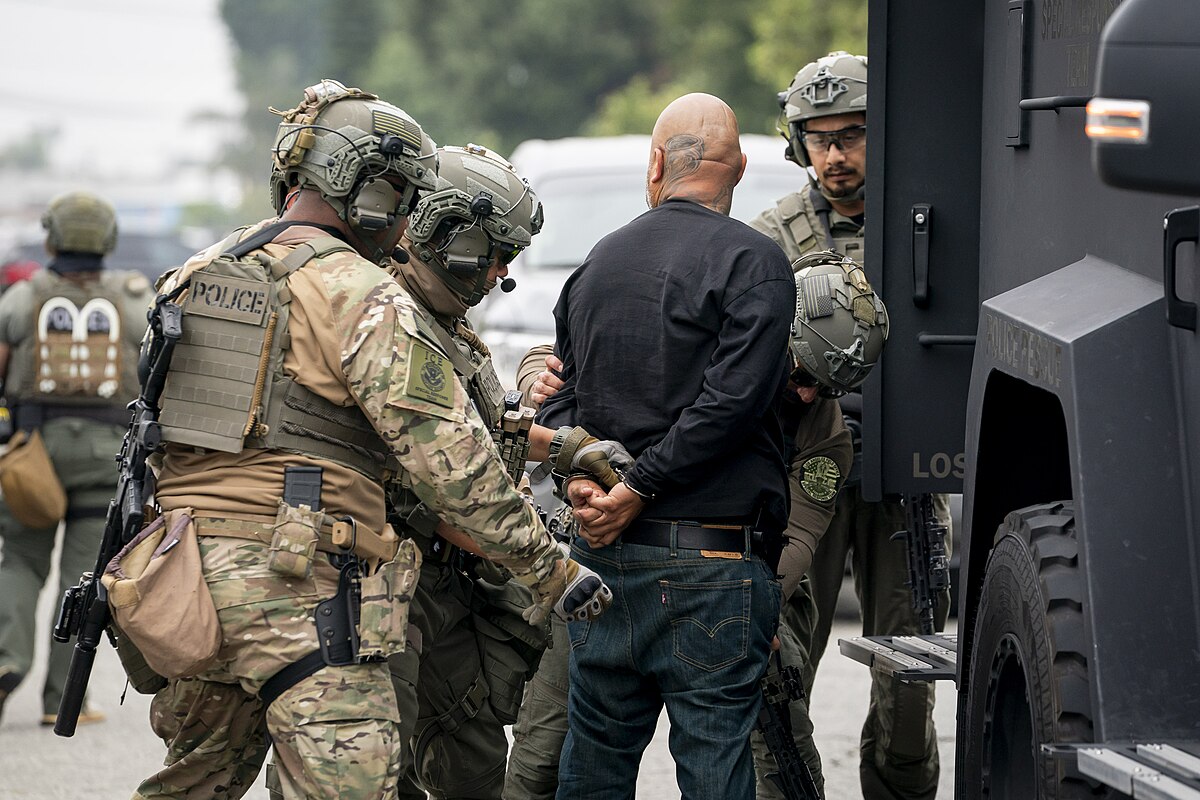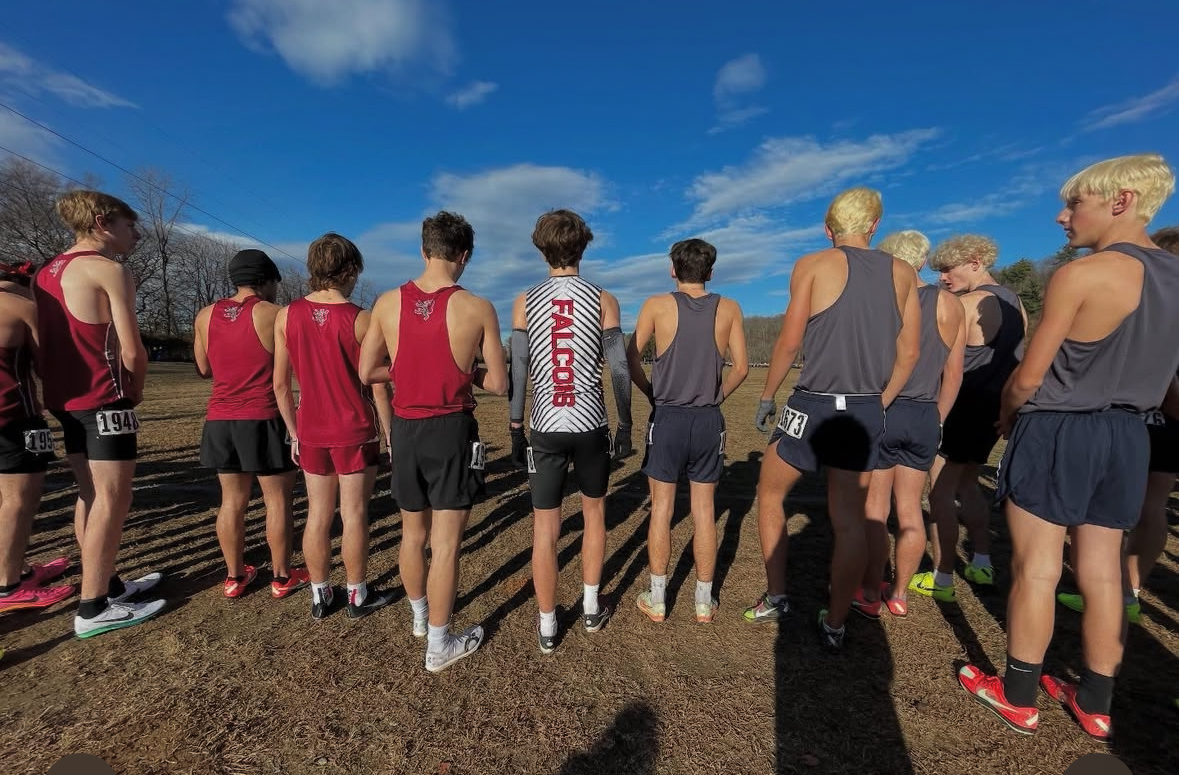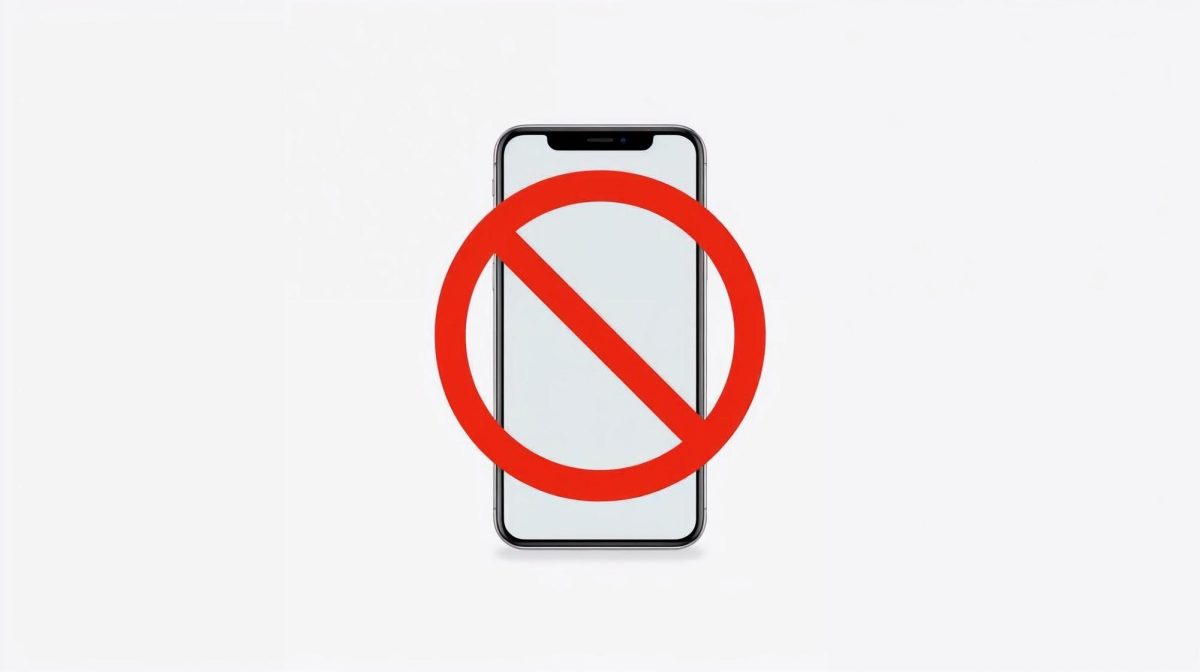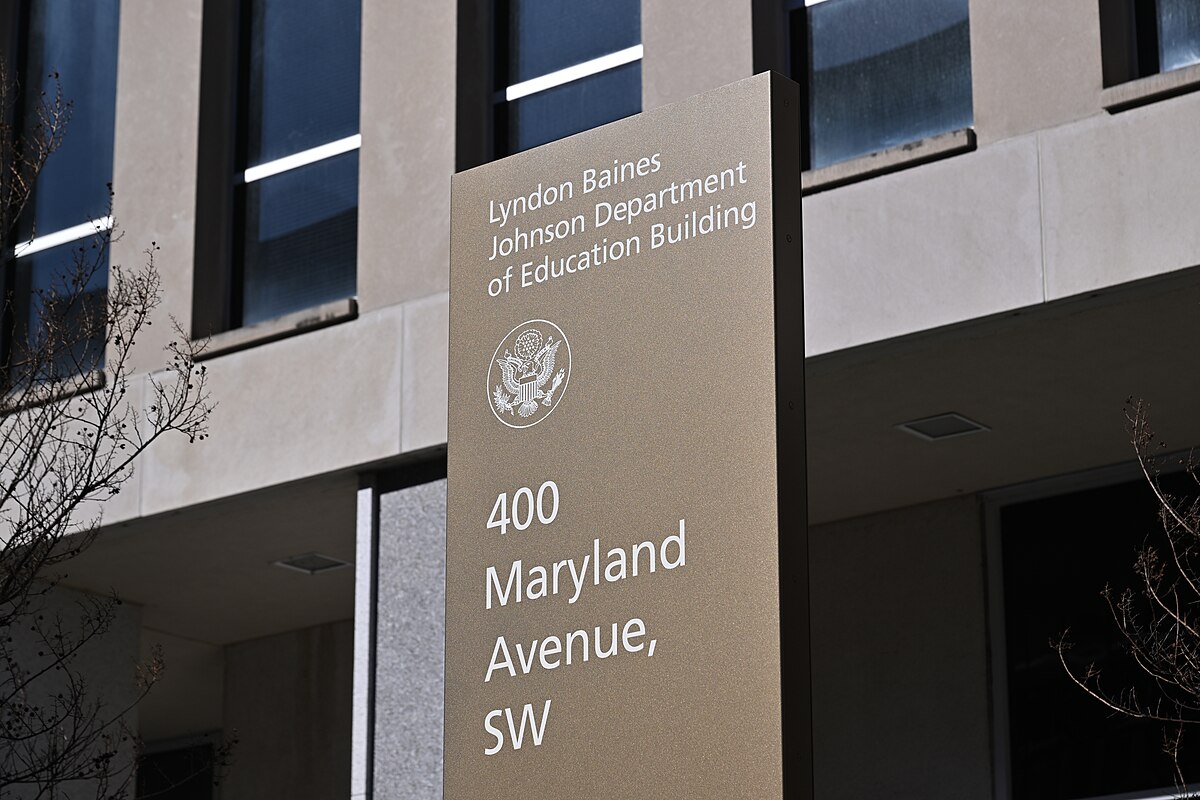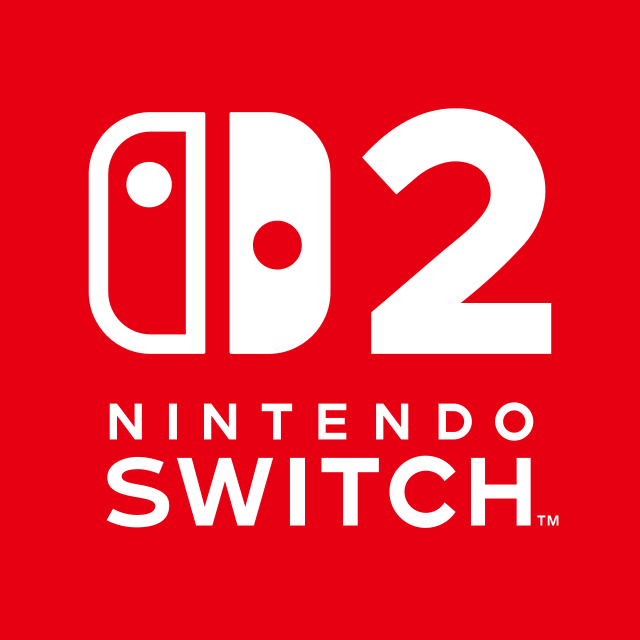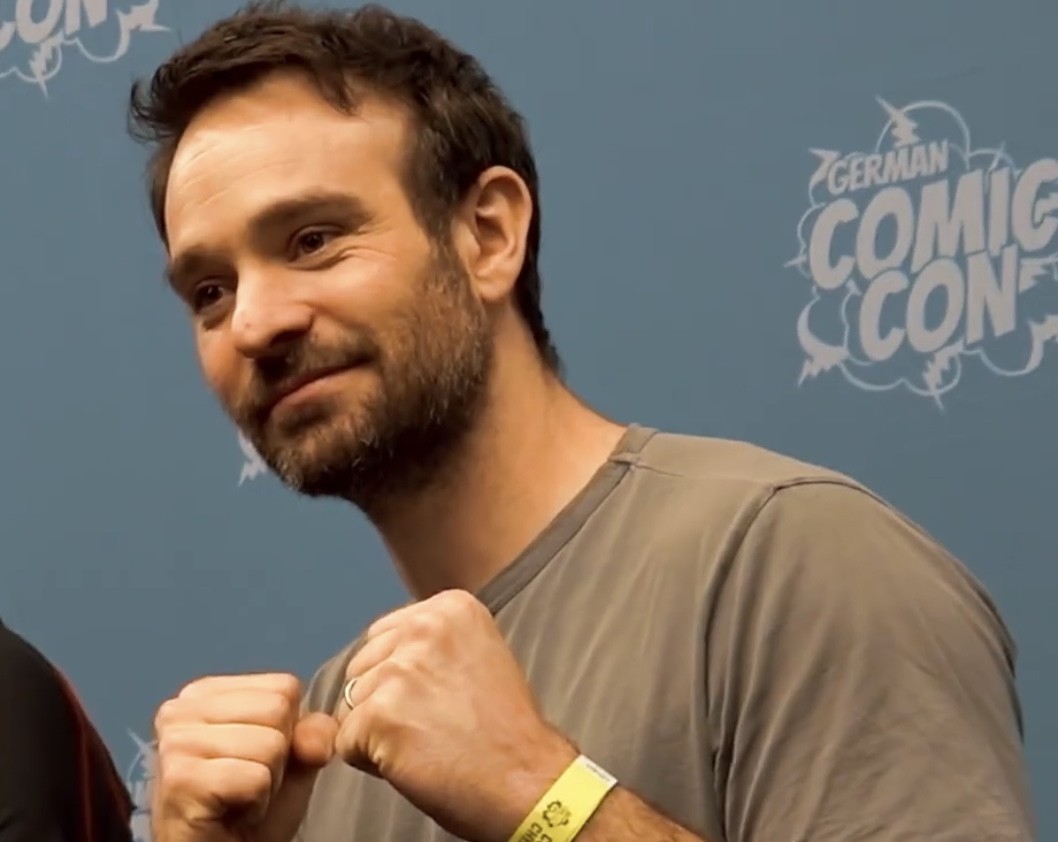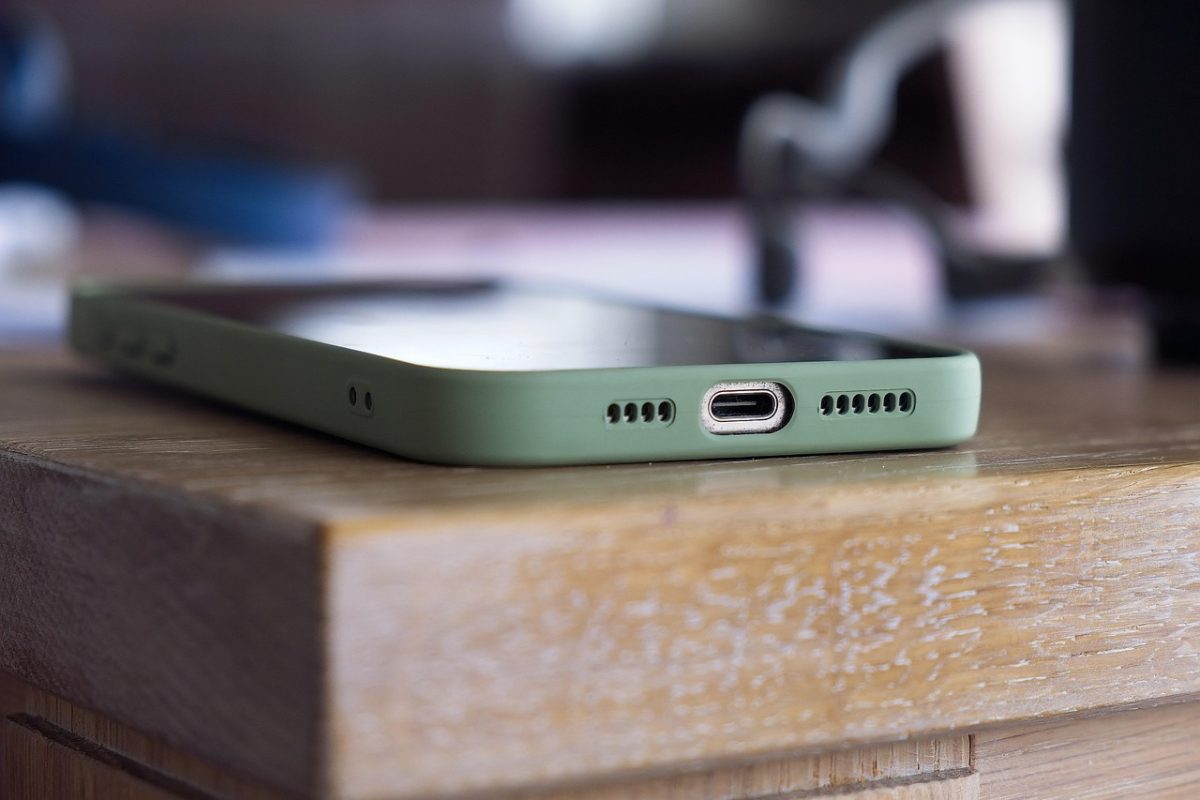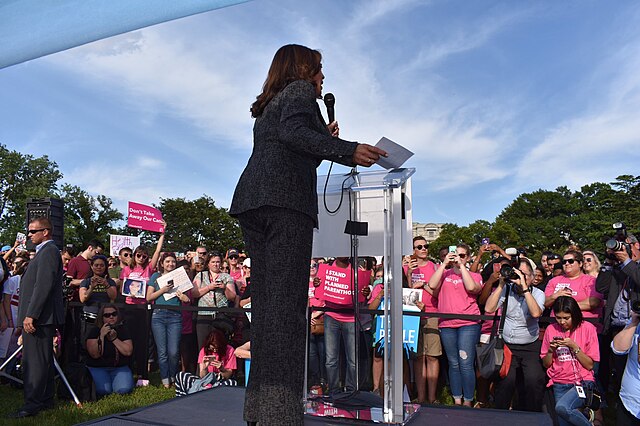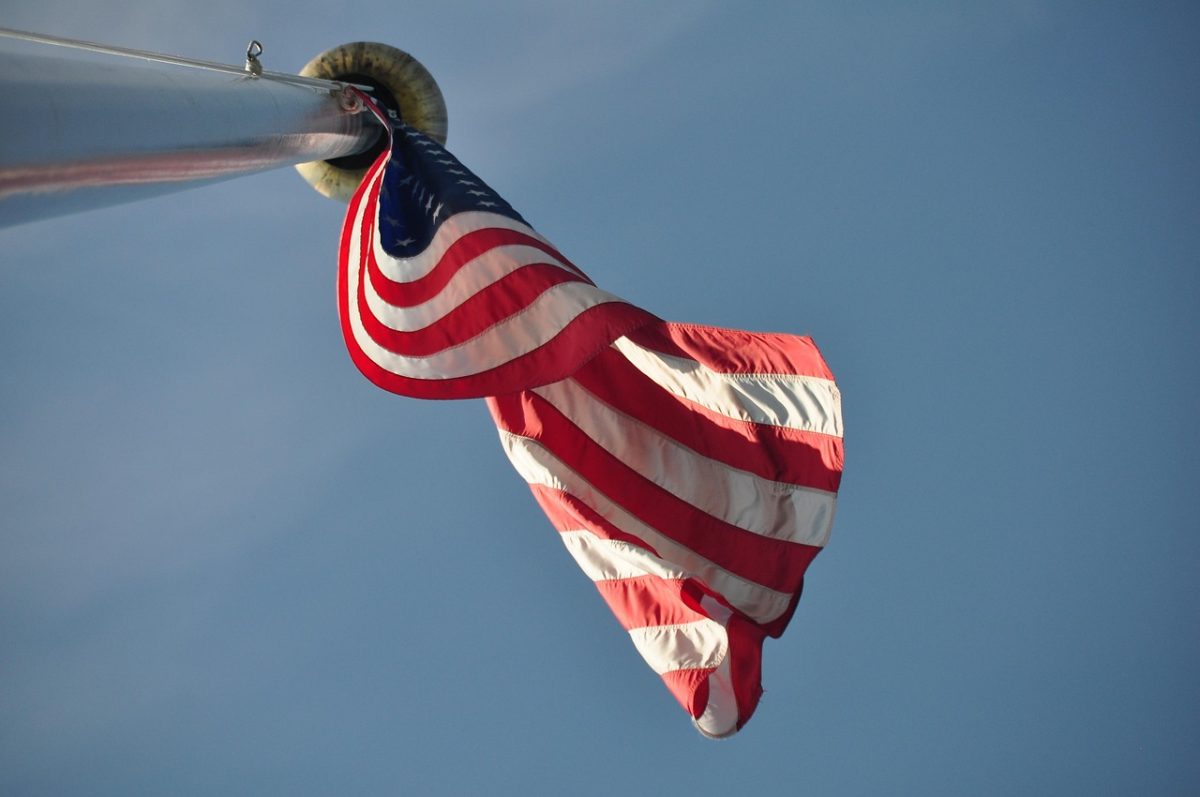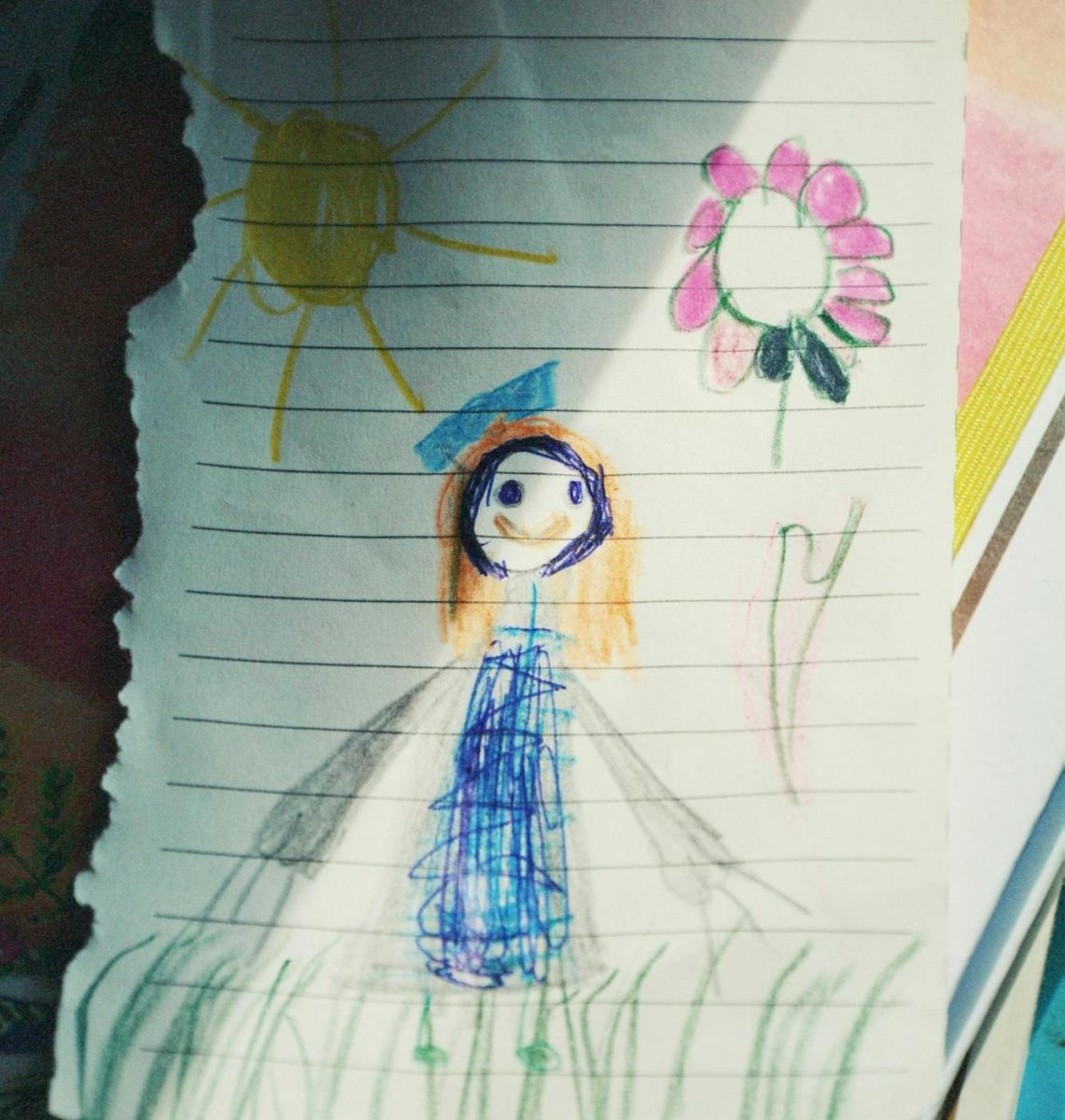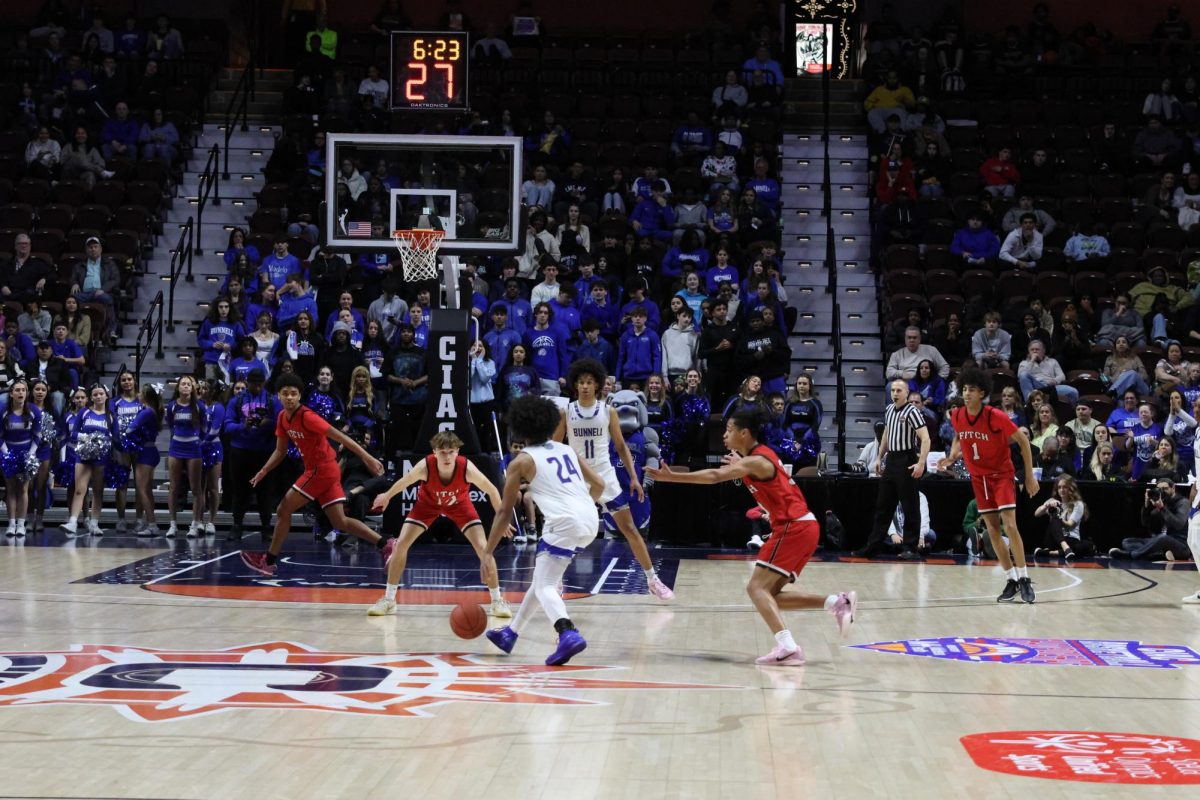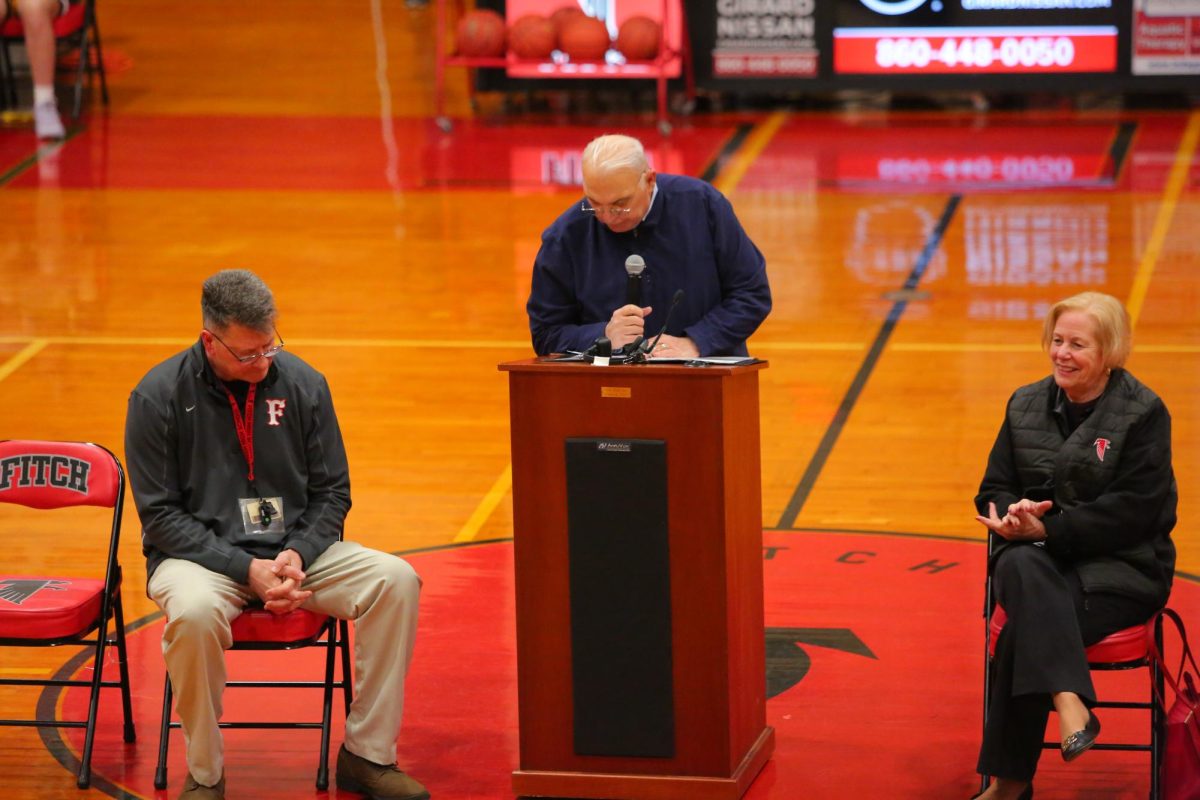The Differences Between Columbus Day and Indigenous Peoples’ Day
October 18, 2018
Columbus Day celebrates the arrival of Christopher Columbus in the Americas on the 12th of December 1492, but there is a lot of controversy surrounding this holiday. It is always celebrated on the second Monday of October, and had been a federal holiday since 1937, though it had been unofficially celebrated since the 18th century. It is a way of celebrating the discovery of the Americas.
Firstly, is it even right to claim that Columbus discovered the Americas, when in truth other Europeans had set foot in North America far before him? Vikings had landed in the Americas as far back as the 10th century. Columbus didn’t even set foot in what is now the USA; he stayed in the Caribbean. While he may have chanced upon the islands, he didn’t explore them. And let’s not forget that before even that, people had been living in the Americas.
These people, whether you want to call them Native Americans, First Peoples, or indigenous peoples, had been living in the Americas for tens of thousands of years before any European had set foot in the Americas. The colonization of the Americas led to many wars and unnecessary bloodshed, both on the colonists’ part and that of the Native Americans. During this time, Native people’s culture was destroyed.
Because of these arguments, alternatives to this holiday have been proposed since the 1970’s. Many states in America, including Montana, Vermont, Alaska, and South Dakota, celebrate Native Americans’ Day or Indigenous Peoples’ Day rather than Columbus Day.
Some people, though, celebrate this holiday avidly. In some towns and cities, Columbus Day is celebrated with church services, parades, and other events. Columbus was, after all, the first European to set foot in the Americas. He also set up Spain’s first colony, Hispaniola.
I interviewed Ms. Reising, a history teacher, about her opinions on this holiday. She said that Columbus Day offers a “shallow look at history”, and that while Columbus did do a lot for the world, not all of it was good. Columbus, in her opinion, did not fully know the long-term effects of the colonization of the Americas, but he was not oblivious to the fact that it would be unlikely to be mutually beneficial. Ms. Reising also said that while people seem to be under the impression that if we change a holiday we are disrespecting our history, that is not the case. Changing a holiday that has become outdated is appropriate, and while Columbus Day has been celebrated for a long time, a day of reflection would better commemorate the events following the colonization of the Americas.
I also was able to interview Mr. Rewenko. He said that while from the viewpoint of Europe, Columbus discovered the Americas, he did not truly discover it because of the fact that people had been living there for thousands of years. When asked whether Columbus was a hero or a villain in his eyes, he said that it depends on your viewpoint. He did some good, and he did some bad, and it is your opinion whether or not the positive outweighs the negatives or vice versa. He also says that he thinks that the holiday shouldn’t be named after a sole group or person, but rather after the event being celebrated. Mr. Rewenko told me that he thinks that Columbus could not be held responsible for the actions of others, and that he could not be held responsible for the actions against Native Americans. Mr. Rewenko wanted to tell people that before forming opinions about certain events, holidays, or people, you should hear all the viewpoints, and get the facts of the situation.
Sources:
https://www.history.com/topics/exploration/columbus-day
https://www.timeanddate.com/holidays/us/columbus-day


